Loading

Assistance Publique – Hôpitaux de Paris (AP-HP) is the biggest teaching hospital in Europe, a publicly-funded health system affiliated with 6 universities. It is the largest Academic Medical Centre in Europe, with 39 hospital locations, divided into 6 main hospital systems.
AP-HP is managed by a General Director, appointed by the national ministry council, along with a supervisory board and a medical council, representing medical staff. With an annual budget of 7.5 billion Euros, about 400 Million Euros in investment, and 100 000 overall staff, AP-HP is a key player at the national and international level in healthcare, totalling 10% of the public hospital sector in France.
As a diverse and inclusive institution, AP-HP strives to fulfill its triple aim:
– Provide the best quality of care to prevent, diagnose and treat our patients ;
– Educate the next generation of healthcare professionals ;
– Conduct biomedical research at the highest level ;
AP-HP is open to all, 24-hours a day: its 25 emergency departments handle over 1.3 million patients every year. It is also a highly specialised hospital system, providing cutting-edge treatment to more than 8 million patients per year, taking care of each and everyone seeking medical assistance. AP-HP is proud to be a major education and training provider: we train doctors, dentists, pharmacists as well as thousands of professionals in our own training institutes: nurses, radiographers, physiotherapists, laboratory technicians.
AP-HP maintains a strong commitment to research: It produces more than 50% of the total clinical research in France, and registers numerous patents every year, actively taking part to the dynamics of innovation in healthcare. It hosts a great deal of medical research teams, and 3 university hospitals institutes, bringing together scientists, medical staff and companies, in neurosciences, genetics and metabolism and cardiovascular disease. All AP-HP hospitals are fully accredited by the French National Health Authority (HAS).
AP-HP takes its pride of more than 8 centuries of providing care for the Parisian population. Its history can be traced back to the medieval Hôtel-Dieu, built on the edge of Notre-Dame cathedral in the 12th century, the Greater Office for the Poor, created in 1544 by King François I, as well as the General Hospital established in 1656 by Louis XIV to receive and treat the children, the elderly and the disabled. AP-HP was eventually formally established in 1849, when a law created the « General Administration of Public Assistance of Paris ». The creation of academic medical centres, also known as CHU, in France in 1958, rejuvenated the AP-HP, bringing together medical training, care and research within one institution. It has substantially transformed itself since then, with the creation of 12 hospital groups in the 2010s, and now with the « New AP-HP », bringing the number of university hospital groups down to 6 in june 2019.
– Professor in Obstetrics and Gynecology
– Head of the Fetal Medicine Departement at Trousseau Hospital, Paris since 2007
– Head of DMU ORIGYNE at APHP.Sorbonne in Paris.
– Coordinator of a national master degree in Prenatal Diagnosis and Fetal Medecine and of a national master degree in Ultrasound in Obstetrics and Gynecology
– Past President of the French Federation of Fetal Medicine Centres (2014-2016)
– Co-coordinator of Centre for rare disease: spinal and vertebral anomalies
Main topics : fetal medicine, fetal anemia and prenatal surgery for myelomeningocele
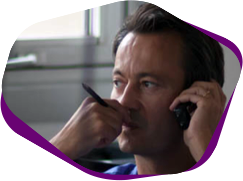
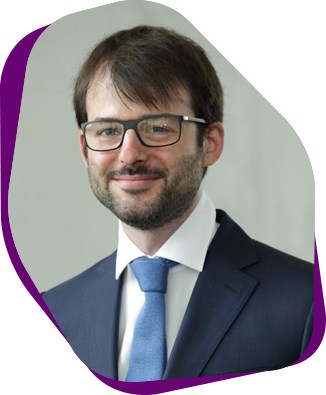
Ferdinand Dhombres is a practicing physician in obstetrics and gynecology at Armand Trousseau University Hospital (Sorbonne University, Paris, France) with a specialization in Fetal Medicine and Fetal Ultrasound. He received an MD from Descartes School of Medicine, Paris, France, in 2011, and a PhD in medical informatics from Pierre and Marie Curie University, Paris, France, in 2013. He did a postdoc at the Lister Hill National Center for Biomedical Communications at the National Library of Medicine. His research comprises knowledge representation in Medicine, symbolic artificial intelligence, and clinical decision support systems. Ferdinand Dhombres is the project leader of the SUOG project.
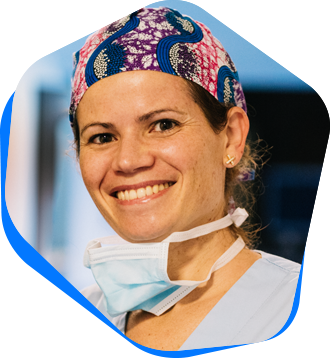
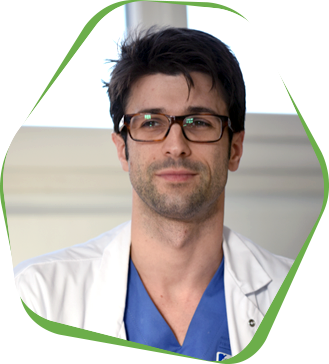
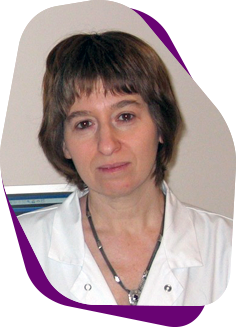
Dr Catherine Garel is a fetal medicine expert and radiologist at Armand Trousseau Hospital. She is involved in the SUOG project for her expertise in fetal brain.
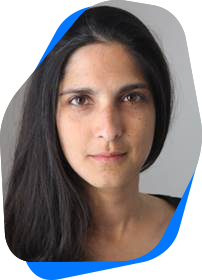
Dr Éléonore Blondiaux is a fetal medicine expert as a pediatric radiologist at Armand Trousseau Hospital.
Pr Damien Bonnet is a fetal medicine expert in pediatric medical cardiology at Necker Hospital. He is involved in the SUOG project for his expertise in fetal heart.
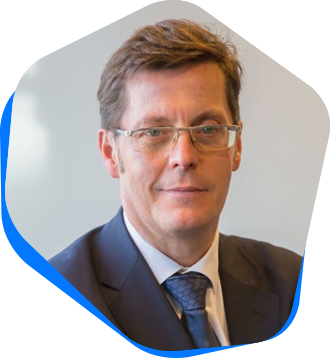
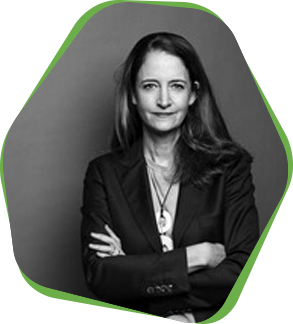
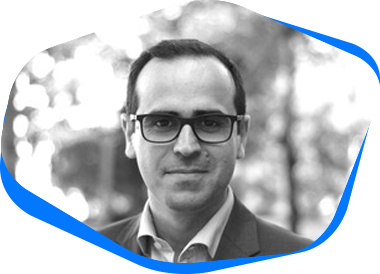
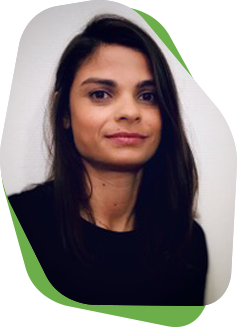
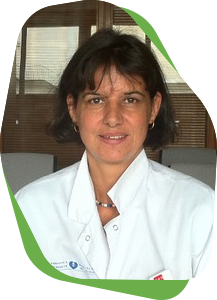
Pr Marie-Victoire Senat is a fetal medicine expert in obstetrics and gynecology at Bicêtre Hospital. She is involved in the SUOG project for her expertise in multiple pregnancy.
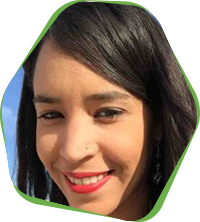
Dr Hanane Bouchghoul is a gynecologist – obstetrician and head of Clinic at Bicêtre Hospital.
The Clinical Research Unit of Eastern Paris (URC-Est) was created in 2002 to provide clinicians who request it with assistance for the clinical research they wish to undertake. It is directed by Pr Tabassome SIMON.
Two support structures for clinical research have been set up to progressively enrich the clinical research platform:
1) The Biological Resource Center (CRB-HUEP-UPMC), created at the end of 2010, labelled and double certified (NFS96900 and ISO 9001),
2) The Clinical Research Center, thanks to the DGOS call for tenders at the end of 2011.
The organization of the platform has been designed to support doctors and paramedics in all stages of research, from the drafting of the initial project to the publication of results, including obtaining promotion and funding, pooling dedicated research staff (TEC/ARC, CEC/CP, data manager, biostatistician) and monitoring their activity through logistical coordination for each project.
The platform’s field of activity covers almost all medical and surgical specialties, including pediatrics and ophthalmology.
Dr Laurence Berard is the co-coordinator of the department at URC-EST and is involved in the SUOG project at the level of clinical trials.
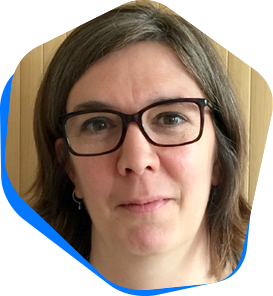
The URC ECO is a clinical research unit in health economics in Paris. It is headed by Prof. Isabelle Durand-Zaleski and was created in 2007 to provide the necessary support to the projects conduct for the economic evaluation of diagnostic, therapeutic and organizational innovations. It is a transversal structure of the APHP’s Delegation of Clinical Research and Innovation (DRCI) which is in charge of steering the research projects developed by the APHP and monitoring research activities taking place within the institution.
URC offers methodological support for all clinical research projects on innovations, when the innovation is supported by changes in the care offer. As a result, URC works in the areas of diagnostic strategies, therapeutic procedures, organization and financing of health services. The work of the URC does not necessarily break up at the end of a clinical trial, as the policy issues of pricing, refund and technology diffusion are also research topics. This aspect of the work on care provision has led the URC to develop international collaborations, particularly with the London School of Economics, the Rand corporation, the Commonwealth Fund and the European Observatory on Health Systems and Policies.
The three areas of expertise of the URC ECO are the medico-economic evaluation of innovations, the evaluation of the efficiency of management and care pathways and the organization of care (Health Services Research) and the measurement of patient perception (Evaluation Criteria Methodology – Patient-Centered Outcomes Research). It is composed of 25 people, including public health specialists, physicians, pharmacists, health economists, statisticians and clinical research assistants.
Isabelle Durand-Zaleski is a medical doctor, Professor in Public Health. She carried out her PhD research in economics and management at Paris IX University. She holds a Masters in Public Health from Harvard University and a diploma from the Political Study Institute of Paris (Institut d’Etudes Politiques de Paris). She has been the head of the Evaluation Department in the National Health Authority. She is currently the head of the Paris Health Economics and Health Services Research Unit in Paris.
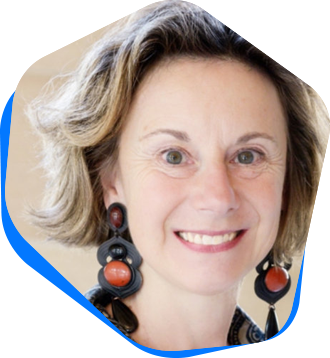
Copyright © 2021 SUOG – Legal notices